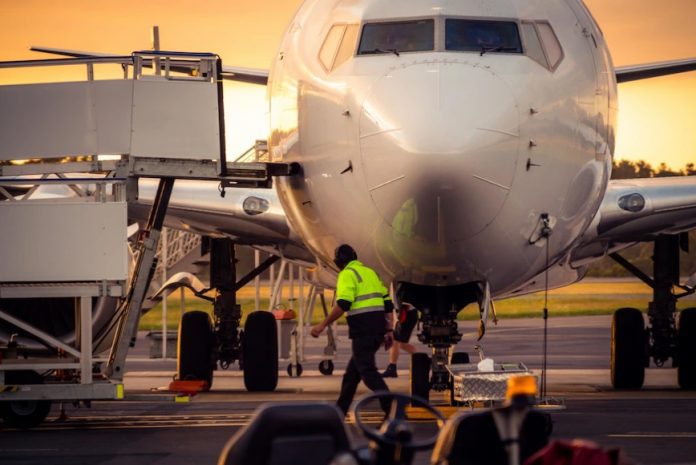Recent years have seen a considerable transition in airline operations due to innovative technologies. Artificial intelligence (AI) is one such ground-breaking technical development that has profoundly benefited the aviation sector. Within the aviation industry, AI has demonstrated great potential for improved safety, efficiency, resource optimisation, and passenger experiences.
Predictive Analysis to Improve Safety
The aviation sector is finding that artificial intelligence is a vital tool for improving safety. AI can forecast potential safety issues by analyzing enormous volumes of data about flight patterns, weather, and aircraft performance. These forecasts let airlines proactively address safety issues and put preventive measures into place, which eventually lowers the frequency of mishaps and incidents.
Refined Decision-Making
Through predictive analytics, artificial intelligence is changing how decisions are made in the aviation sector. AI can offer useful insights into market trends, fuel pricing, and passenger preferences by analyzing a variety of data sets. Airlines may decide on routes, pricing plans, and marketing strategies with knowledge, thereby optimizing their business plans and maintaining a competitive edge. In order to maintain its competitiveness, United Airlines uses AI analytics for the best route planning, price decisions, and targeted marketing.
Resource Allocation Optimization
Airlines’ resource distribution has been made more efficient thanks in large part to artificial intelligence. Airlines can alter their capacity and timetables by using AI algorithms to analyze demand patterns, passenger behavior, and market trends. This guarantees effective resource use and aids airlines in effectively managing costs while satisfying customer requests. British Airways uses AI algorithms to improve cost efficiency and allocate resources more efficiently.
Increasing Operational and Maintenance Efficiency
Airlines are using AI-powered solutions to streamline their maintenance and operation procedures. Airlines are able to efficiently manage resources and reduce interruptions by using machine learning algorithms to forecast delays based on past flight data analysis. AI algorithms can also anticipate maintenance requirements by keeping track of the condition of aircraft parts, ensuring timely maintenance, and minimizing delay. In this way, fuel consumption is also saved, and passengers also remain convenient.
Improving Client Services
Airlines’ interactions with customers and customer service are changing as a result of artificial intelligence. Artificial intelligence-powered chatbots and virtual assistants are being utilized to answer client questions, offer airline information, and facilitate booking procedures. These AI systems can interact with passengers in a more effective and human-like way thanks to natural language processing, which improves the entire passenger experience.



































